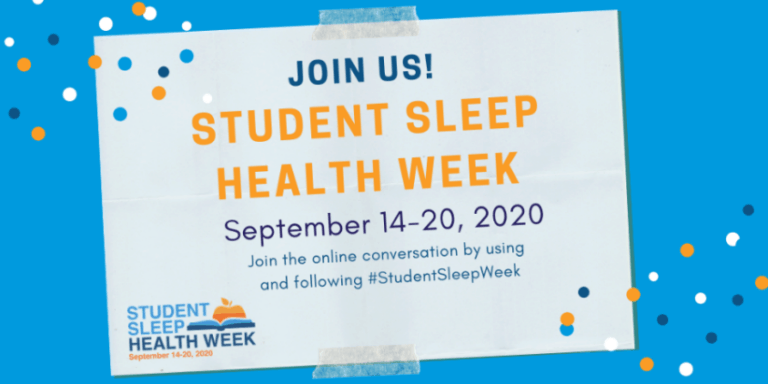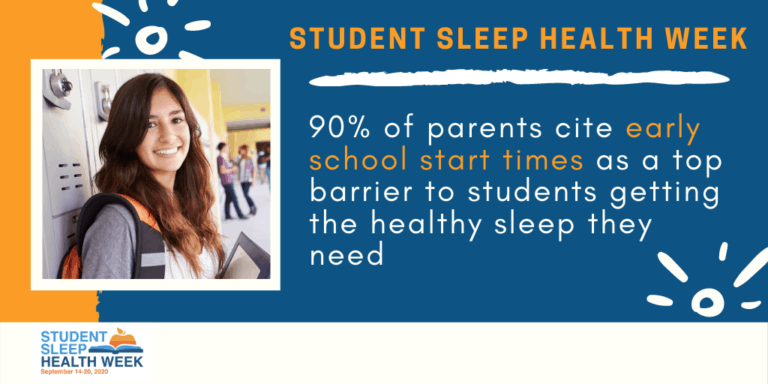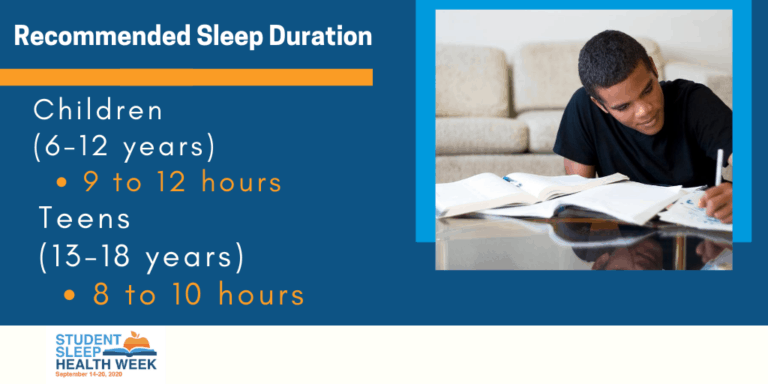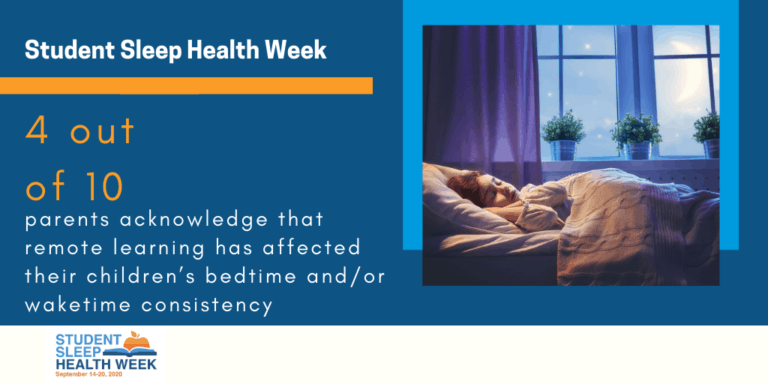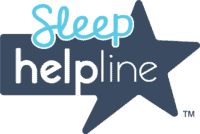Project Sleep Joins AASM to Support First-Ever Student Sleep Health Week
Sept. 14-20 observance to highlight importance of healthy sleep as students go back to school
As students start school in unique circumstances this fall, this is a critical time to talk about sleep’s role in promoting learning, functioning and growth. Yet, more than half of American parents say their school-age children and teens are not getting enough sleep, according to a recent survey by the American Academy of Sleep Medicine (AASM)*. That’s why Project Sleep is partnering with the AASM, along with other prestigious organizations and societies, to highlight the importance of healthy sleep for students as part of the first-ever Student Sleep Health Week, slated for September 14-20, 2020.
“2020 is an unprecedented year and as children head back to school in totally new ways, the status quo has been totally disrupted. ” said Julie Flygare, J.D., President & CEO of Project Sleep. “Student Sleep Health Week is a critical new opportunity to talk about healthy sleep habits and to raise awareness about signs of sleep disorders.”
“It’s important that students maintain a consistent sleep schedule to excel in both their studies and extra-curricular activities,” said the AASM President Dr. Kannan Ramar. “As parents and caregivers create a routine for their kids, incorporating the right amount of healthy sleep is an important component. The back-to-school transition is an ideal time for families to get back on track.”
Healthy sleep gives children and teens the best chance to learn, perform, interact and succeed in life, and it has a positive impact on grades, athletic performance and other daily activities. When children and teens don’t get the recommended hours of healthy sleep on a regular basis, it can lead to long-term issues including behavior and learning problems, diabetes, obesity and mental health problems.
To promote optimal health, the AASM recommends children 6-12 years of age sleep nine to 12 hours on a regular basis, while teenagers 13-18 years of age should sleep eight to 10 hours per night. However, research shows that it is hard for students to get enough sleep on school nights – both when going to school and while engaging in remote learning. According to the AASM survey, four out of 10 parents acknowledge that remote learning affects their children’s bedtime and/or wake-time consistency.
The first annual Student Sleep Health Week empowers parents, students and educators – including teachers, school administrators, counselors, nurses, physical educators and more – who all play a crucial role in instilling healthy habits for students.
For more information about Student Sleep Health Week, please visit sleepeducation.org/student-sleep-health-week.
*AASM July 2020 Consumer Survey – https://aasm.org/about/newsroom/.
###
About Student Sleep Health Week
The American Academy of Sleep Medicine is organizing the first-ever Student Sleep Health Week, Sept. 14-20, 2020, to encourage students to get the healthy sleep they need to excel this school year. The AASM will be hosting online events throughout the week with the hashtag #StudentSleepWeek. Join the conversation and learn all about the importance of sleep for students, including healthy sleep tips and more. Supporting partners include: American School Counselor Association, American School Health Association, National Association of School Nurses, National PTA, National Safety Council, Project Sleep, Sleep Research Society and Society of Health and Physical Educators.
About the American Academy of Sleep Medicine
Established in 1975, the American Academy of Sleep Medicine (AASM) is advancing sleep care and enhancing sleep health to improve lives. The AASM has a combined membership of 11,000 accredited member sleep centers and individual members, including physicians, scientists and other health care professionals (https://aasm.org/).
About Project Sleep
Project Sleep is a 501(c)(3) non-profit organization dedicated to raising awareness about sleep health and sleep disorders. The organization’s programming includes the Rising Voices of Narcolepsy℠ leadership training program, the Jack & Julie Narcolepsy Scholarship, the Narcolepsy: Not Alone® campaign, the Sleep In, and a sleep advocacy program (www.project-sleep.com).
Follow Project Sleep on Facebook, Instagram, Twitter and LinkedIn.





